Northumbria University: Environmental Sustainability Research Proposal
VerifiedAdded on 2022/10/06
|5
|936
|27
Project
AI Summary
This document is a research proposal focusing on environmental sustainability, exploring effective environmental management strategies to balance human needs and the natural environment. The introduction highlights the importance of mindful collaboration with the environment. The research question investigates suitable methods for environmental management to achieve sustainability. The theoretical rationale emphasizes balancing human needs with environmental requirements, protecting species, and employing preventive, preservative, and protective actions. The methodological rationale outlines observational techniques, interviews, questionnaires, and case studies to gather data. The proposal also discusses sustainability approaches, including identifying ecological and socio-planetary resources and evaluating adverse symptoms like soil erosion and climate change. The research aims to stimulate interdisciplinary debate and provide solutions for environmental sustainability, considering issues such as environmental change and the United Nations' sustainable development goals. The proposal concludes with a discussion on the importance of clean air, water, and healthy communities for environmental and human well-being.
1 out of 5
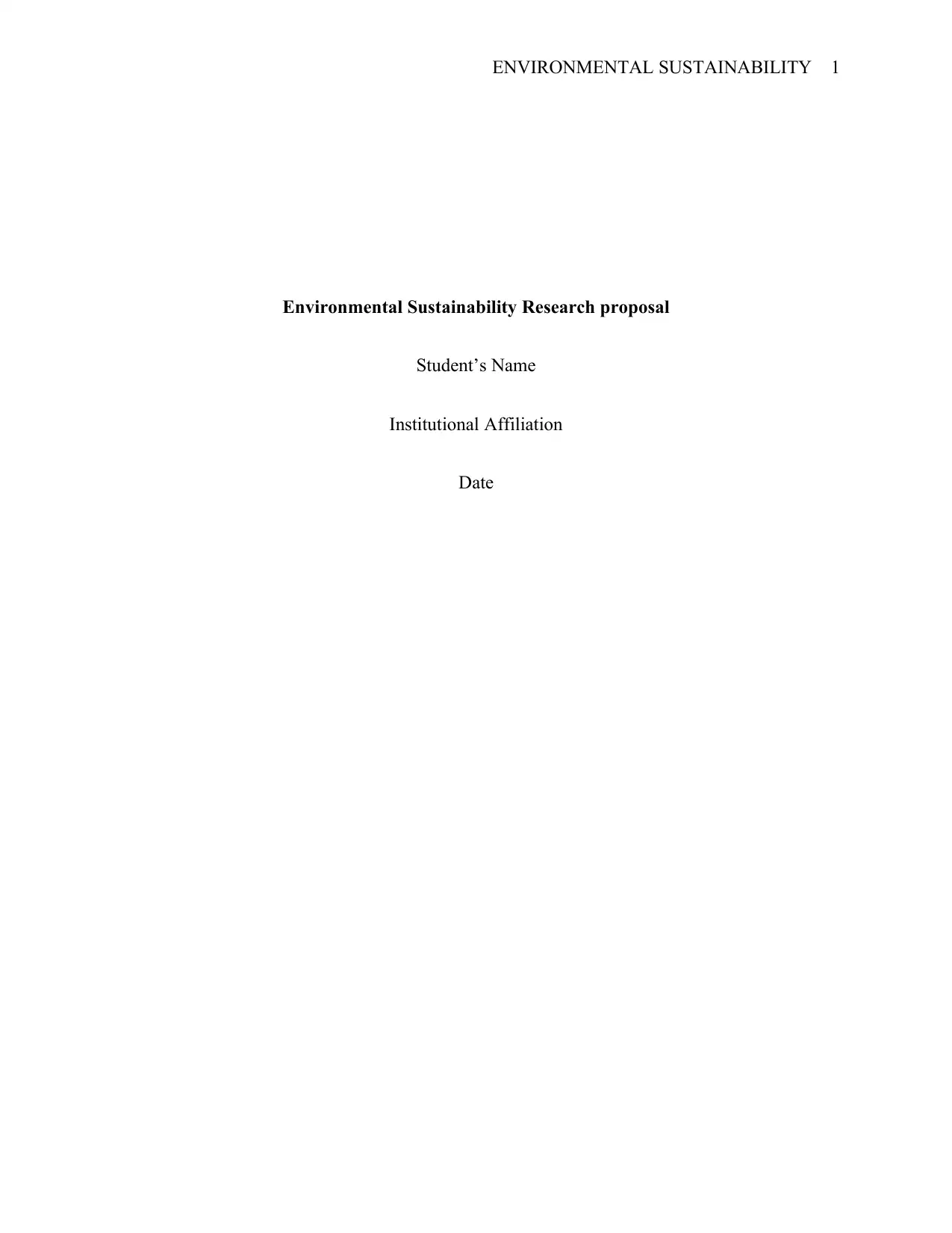
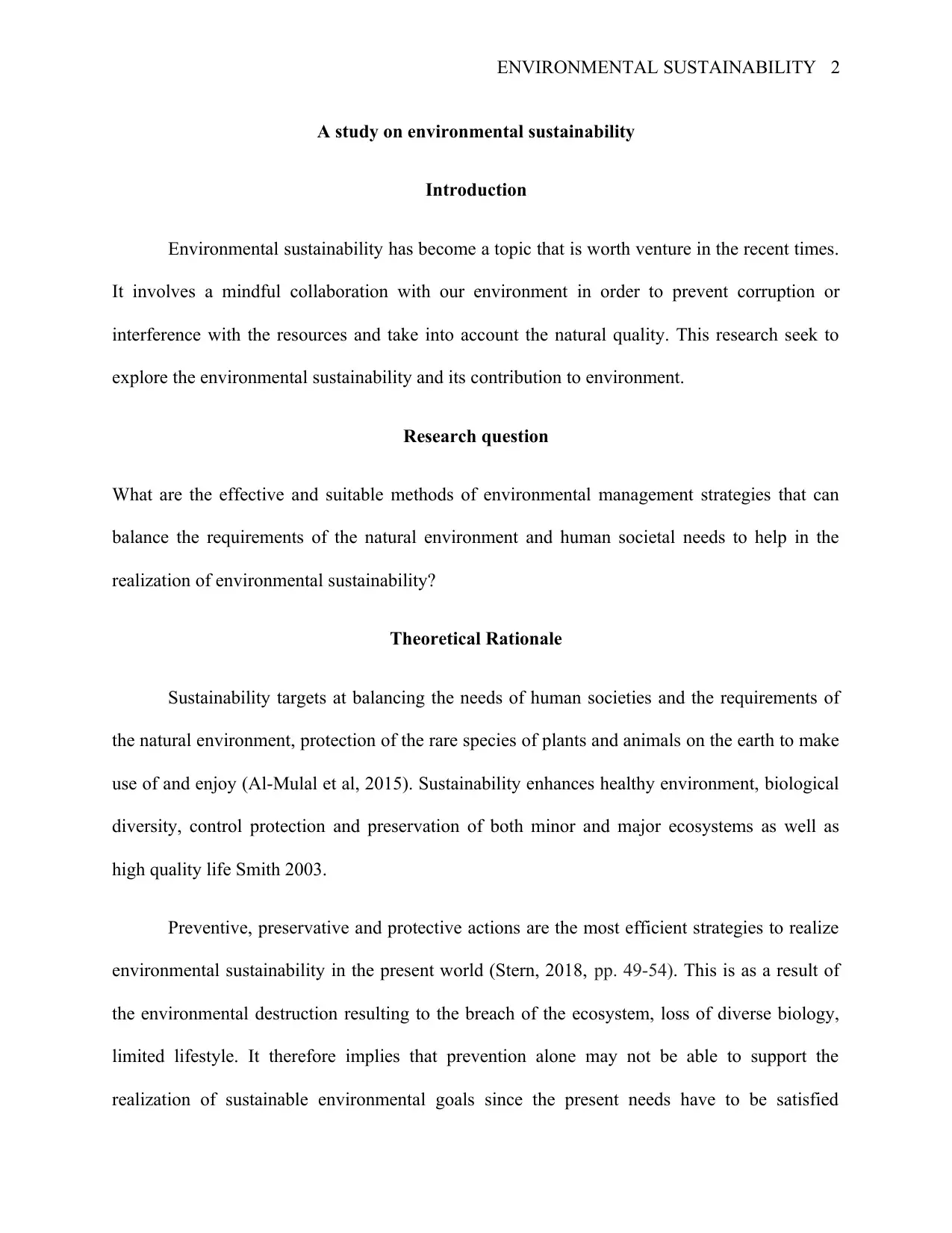
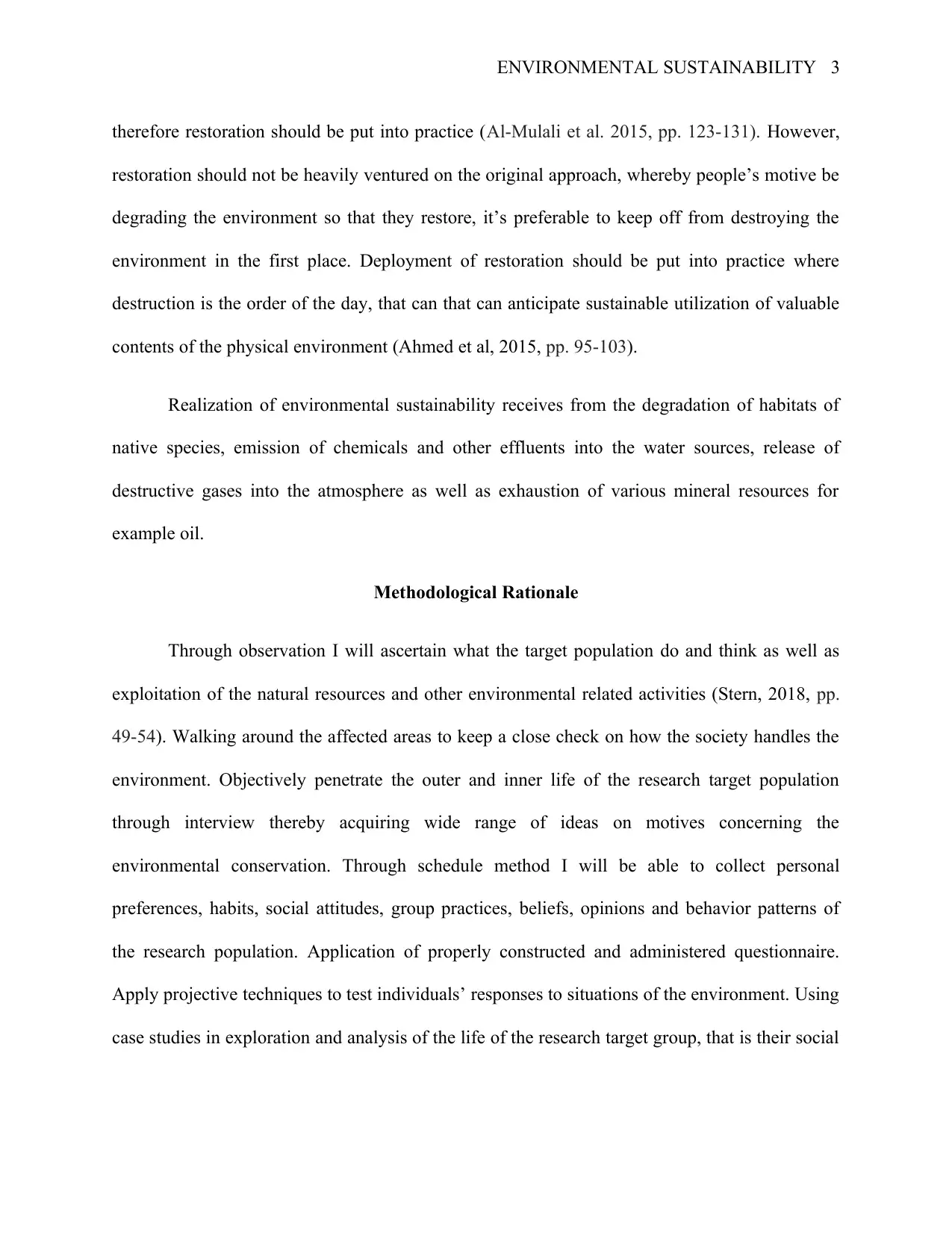

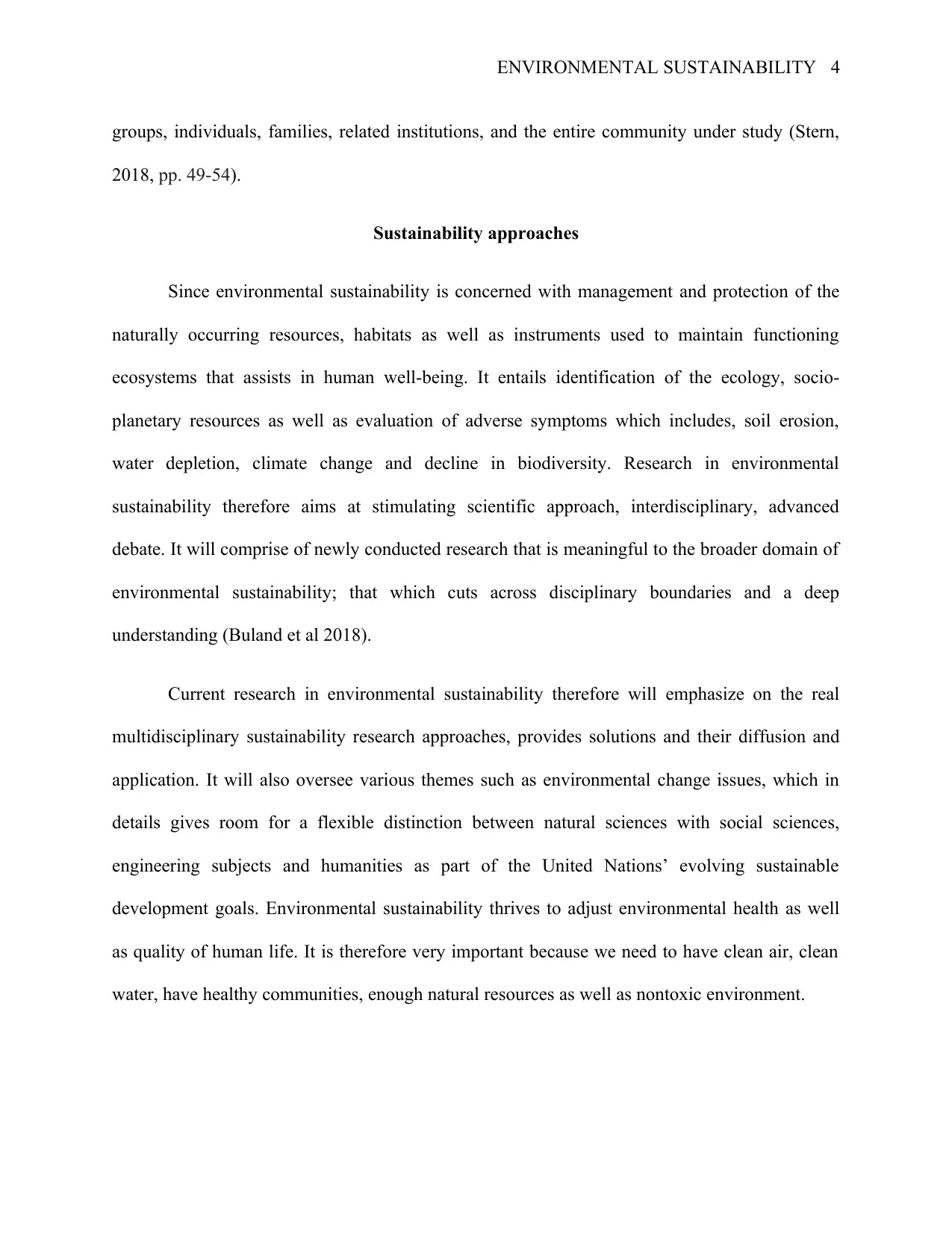
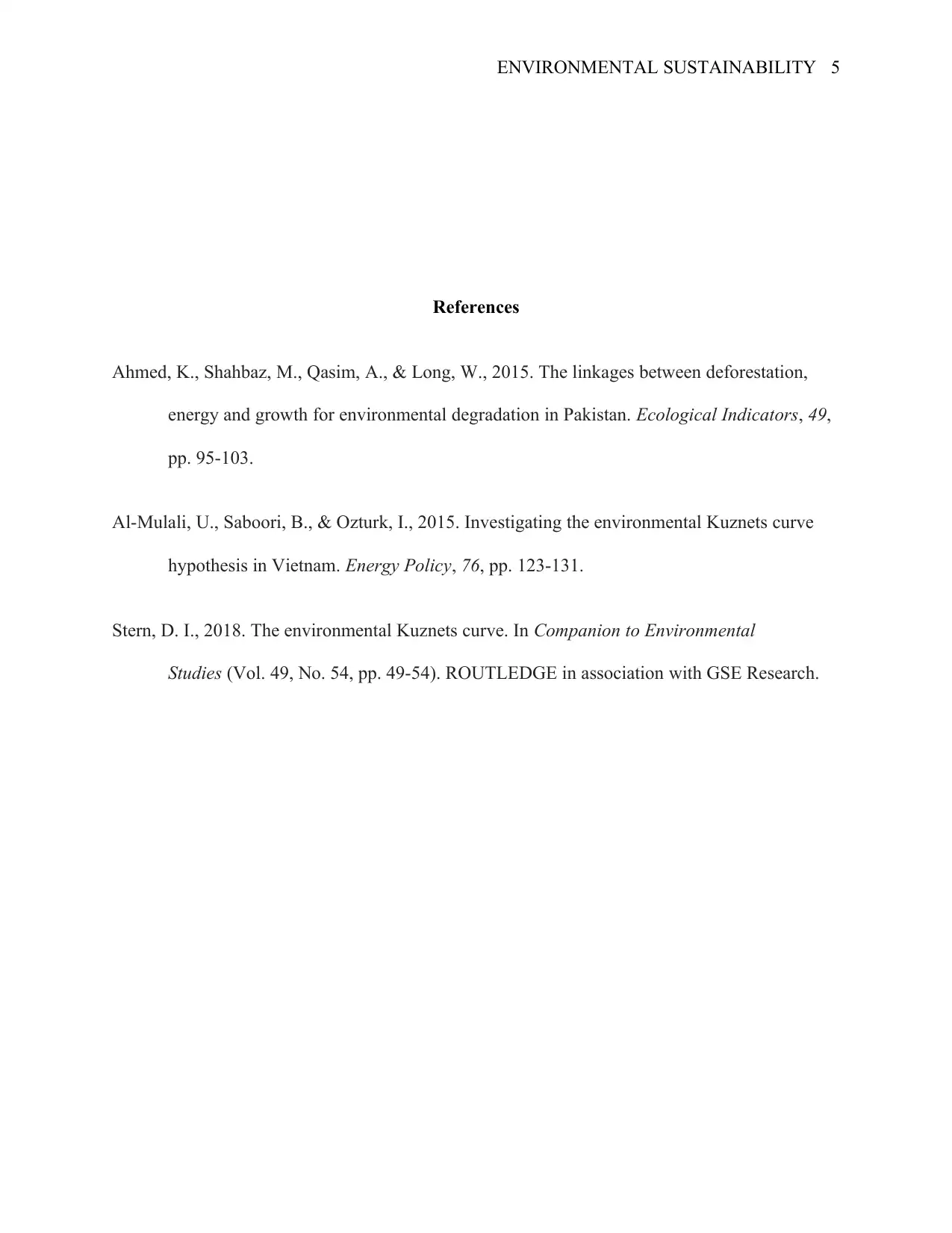






![[object Object]](/_next/static/media/star-bottom.7253800d.svg)